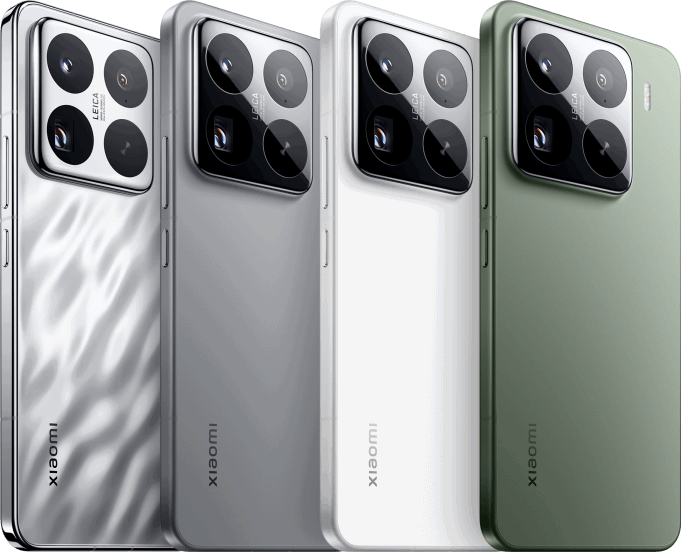Have you ever wished you could write on a Kindle? If you’re the type of person who has, odds are you’ve seen the reMarkable tablet, maybe through a targeted Instagram ad like I did. I’d been vaguely aware it for several years, but my interest was newly piqued with reviews of the new reMarkable 2 ($399)–or RM2 as the fans call it. And after a few weeks of testing, I can confidently say that, while not without it’s flaws, the RM2 is not the gimmick I worried it might be.
Unlike so many modern gadgets, the RM2 is a gleeful unitasking device with the primary goal to replace a stack of paper, and not much else besides. Like the original reMarkable before it, the RM2 lets you create “notebooks” using dozens of templates (lined rule, gridded dots, day planners, music staffs, storyboards, blank), and are organized in folders. You write, notate papers, highlight books, draw sketches, etc., using a wide variety of digital writing implements, which each mimic the look of their IRL versions, thanks to the RM2’s 4,000+ levels of pressure sensitivity. The pencil leaves an imperfect graphite line; the calligraphy pen makes everything you write look effortlessly fancy. All your writing and drawing can be erased, rotated, copied, pasted, moved and otherwise manipulated with a tap or two. Create layers, a la Photoshop, and manipulate them separately for more complex creations.
All of these files and notebooks and pages can be organized, rearranged, deleted, and shared between the RM2 and an app on your phone and/or on your computer (everything backs up in the cloud and appears on all the devices automatically). You can import pdfs and ePub ebooks (I know) to scribble all over, and then email those documents to whomever you please. A just-released Chrome browser extension sends text-only or pdf versions of webpages to your device for reading and marking up too. And there’s a text conversion tool that works surprisingly well, especially considering I have handwriting a friend recently referred to as “truly shocking.”
The first reMarkable tablet (still available for $299) was an impressive product debut, but in context, the RM2 is a huge step forward. It is “the thinnest tablet” in existence: at 0.19 inches, it’s 30 percent thinner than its predecessor. It also sports a battery that lasts three times as long and its e-ink responsiveness is greatly improved (latency is just 21ns, meaning it basically doesn’t exist). Its case is aluminum, and the whole thing weighs less than a pound. It feels simultaneously substantial and gossamer; I frequently feel like I’ll snap it in half, but have also accidentally dropped it once or twice with zero ill effects. RM2 charges with USB-C and features loads of magnets to attach it to folios and to keep styluses in place when not in use. Its processor is fast and storage is ample–8GB goes a long way with pdfs.
The result is a device that I literally cannot stop using. I read and highlight books and screenplays, send drafts of my own documents to the RM2 so I can mark them up like a sadistic professor, and take notes in real time when I’m hosting the Gear Patrol Podcast. I doodle when I’m on the phone with friends. I’ve even downloaded PDFs of crossword puzzles to do while I ignore Netflix.
The downsides aren’t plentiful, but they certainly are there. First, this is an expensive device. A price of $399 is nothing to shake a stick at, and several orders of magnitude more expensive than a ream of paper and a pencil. Worse yet, that only gets you the tablet. To make use of the best part of this thing, the writing part, you will need to shell out an additional $49 for the Marker, or $99 if you want the Marker Plus with its back-end sensor for eraser emulation. There are also the folios ($69+) .if you want to be able to protect your investment from scuffs and scratches. And if you factor in spare stylus tips (which are designed to gradually wear away in order to give you that tactile drawing sensation), you’re in for about $530 which is a boatload of money any way you cut it.
Beyond reading and some organizing, the mobile and desktop apps lack functionality. On the device, you organize and navigate mostly using menus and submenus; there’s no drag and drop functionality, and only a few touch and swipe gestures at present. It’s a little clunky, but then so is… I dunno, getting heavy books off the top shelf? There is no backlight, so reading in low light is really hard. The Reddit community argues heatedly a lot about how well the brand serves and responds to customers, often citing a lack of specific features; in fact, many have hacked and modified their own devices.
When I show folks the RM2, most approach it as an iPad downgrade, which it isn’t. It’s a massive upgrade for all your reading material, notebooks and papers. One weirdly positive side effect: I’m more intentional with my writing, slowing down so that the RM2 can easily convert my penmanship (and so that I can read it, to be honest).
Regardless, the RM2 is the most novel product I’ve experienced in quite some time. It’s actually the most interesting and fun anything I’ve tested since I used to test McLarens. Just not as swoopy, and slightly less expensive.
Price: $399
This content is created and maintained by a third party, and imported onto this page to help users provide their email addresses. You may be able to find more information about this and similar content at piano.io


